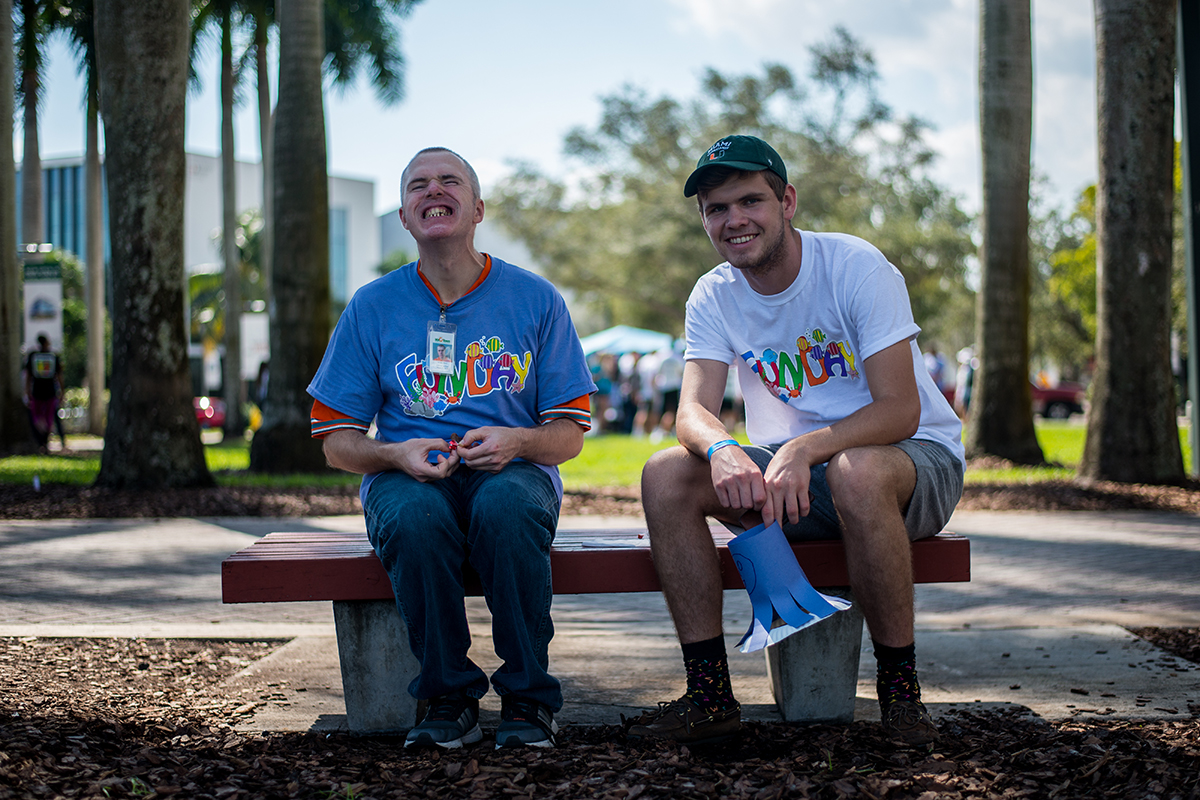One of the smartest, most influential people I ever met was a 16-year-old boy I tutored in English in high school. He suffered from several learning disabilities, causing him to struggle to connect thoughts as he read and to understand multisyllabic vocabulary words. However, his level of insight and understanding of texts was astounding, and he was capable of making astute observations that I had never thought of.
The more I worked with people with disabilities, the more they enriched my life. They exhibited incredible capacities for kindness, authenticity, ingenuity and innovation.
This inspired me to join the Best Buddies organization at UM. Best Buddies is a national organization with chapters at numerous universities which matches college students with adults with disabilities and hosts activities to facilitate the relationship. The executive board of Best Buddies is working to get a new minor in disability studies approved at UM.
Cianna Rivera, the president of Best Buddies, got the idea when she attended a conference on disabilities at Indiana University.
“The beauty of the minor is it is interdisciplinary,” Rivera said. “English professors would teach literature written by people with disabilities, philosophy teachers would discuss what it means to have a disability and law professors would teach disability in law. One of the bedrocks of the program is teaching students to view disabilities as a social construct, not purely a medical construct.”
In learning about disabilities through the lens of several disciplines, students will garner a deeper understanding of what makes the disabled community different from other communities. Rivera and I agreed that we don’t see enough interactions on campus between people with disabilities and those without. UM seems to subconsciously segregate the communities, and only view people with disabilities as a functioning part of campus when it comes to service clubs such as Best Buddies or service events such as FunDay.
However, if the minor were integrated into the curriculum, it could encourage more dialogue and expose UM students to the unique lifestyles and unfulfilled needs of an underserved population. This in turn may help improve the accommodations for and perception of people in the disabled community.
But the future of the minor is in the hands of the students. If you believe this minor would serve the school, email a paragraph explaining why and send it to bestbuddies.canes@gmail.com with your name and year in school. In simply doing this, you can take a step toward making UM the inclusive community it has the potential to be.
Dana Munro is a sophomore majoring in musical theater.






